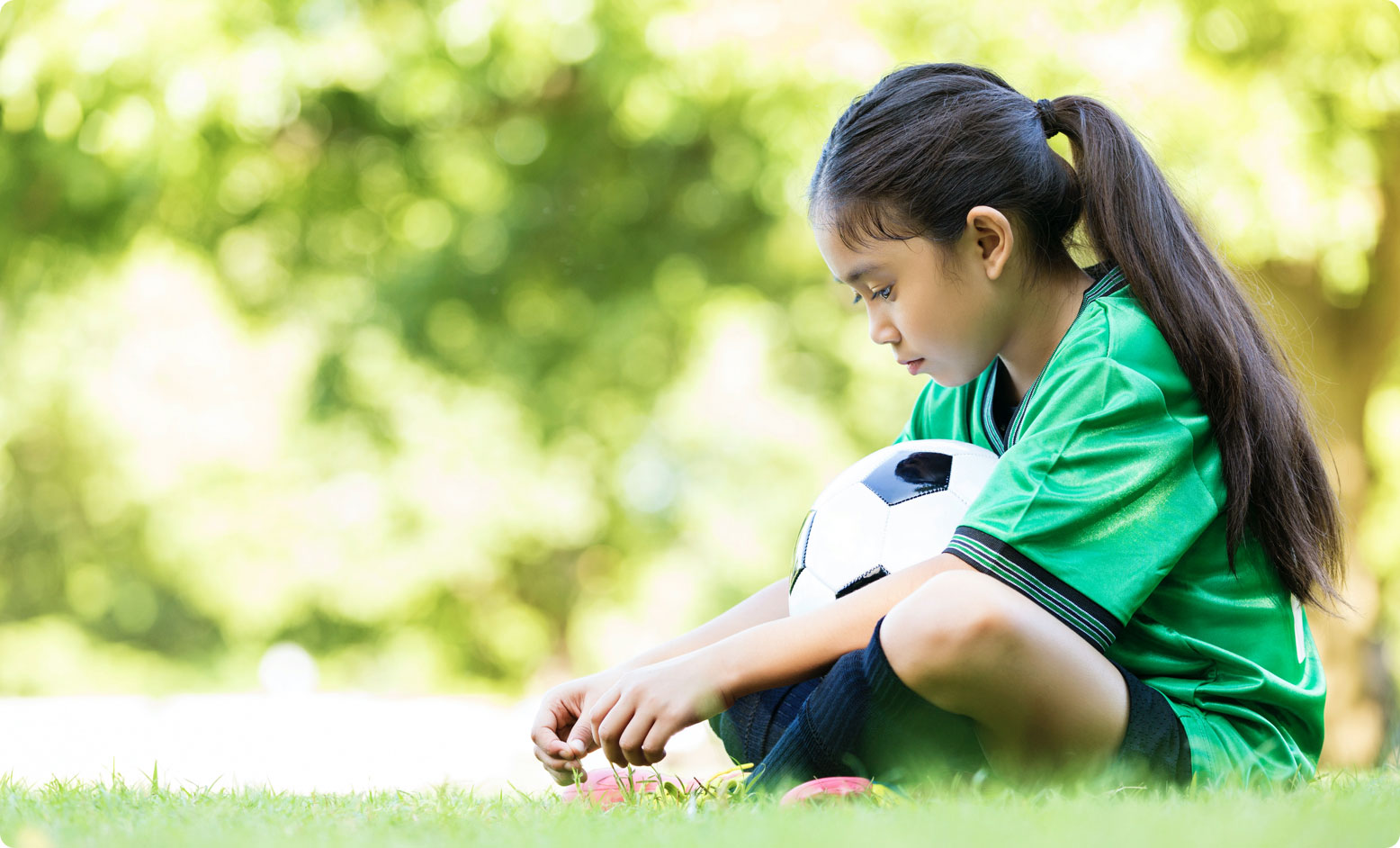Common Behavioral & Emotional Indicators of Abuse
Children who seek counseling exhibit many of the following PRESENTING SYMPTOMS*. One of the Barbara Sinatra Children’s Center at Eisenhower’s goals is to address these symptoms, when they are the result of abuse, and work toward positive feelings and reduced symptoms. Both sets, along with other indicators, assist clinicians when assessing and implementing a client’s individually planned counseling program and progress.
Presenting Symptoms
- Bed-wetting
- Sleep disturbances/nightmares
- Temper tantrums
- Social Withdrawal
- Aggressive behavior:
- Biting
- Pinching
- Hitting
- Fighting
- Drugs/Alcohol abuse
- Fearfulness
- Depression
- Low self-esteem
- Poor academic performance
- Headaches/stomach aches
- Poor hygiene
- Inappropriate sexual play or behavior
- Regressive behaviors
- Crying without provocation
- Flashbacks/Self-inflicted injuries
- Anxiety
- Inadequate awareness of personal/social boundaries
After Intervention
- Reduction of bed-wetting
- Improved sleep
- Bonding
- Increased communication skills
- No use of drugs or alcohol
- Improved academics
- Less fearful
- Increased self-esteem
- Improved hygiene and appearance
- Dissipation of headaches/ stomach aches
- Improved hygiene
- Improved social skills
- Enhanced self-confidence
- Positive outlook on the future/hopefulness
- Empowerment for self-protection
- Establish appropriate boundaries
*Presenting Symptoms behaviors do not expressly indicate abuse has occurred. If there is concern a child may be in an abusive situation, assistance should be sought from law enforcement or a child abuse professional.
FightChildAbuse.Org and the Barbara Sinatra Children's Center, are members of the National Children's Alliance.




